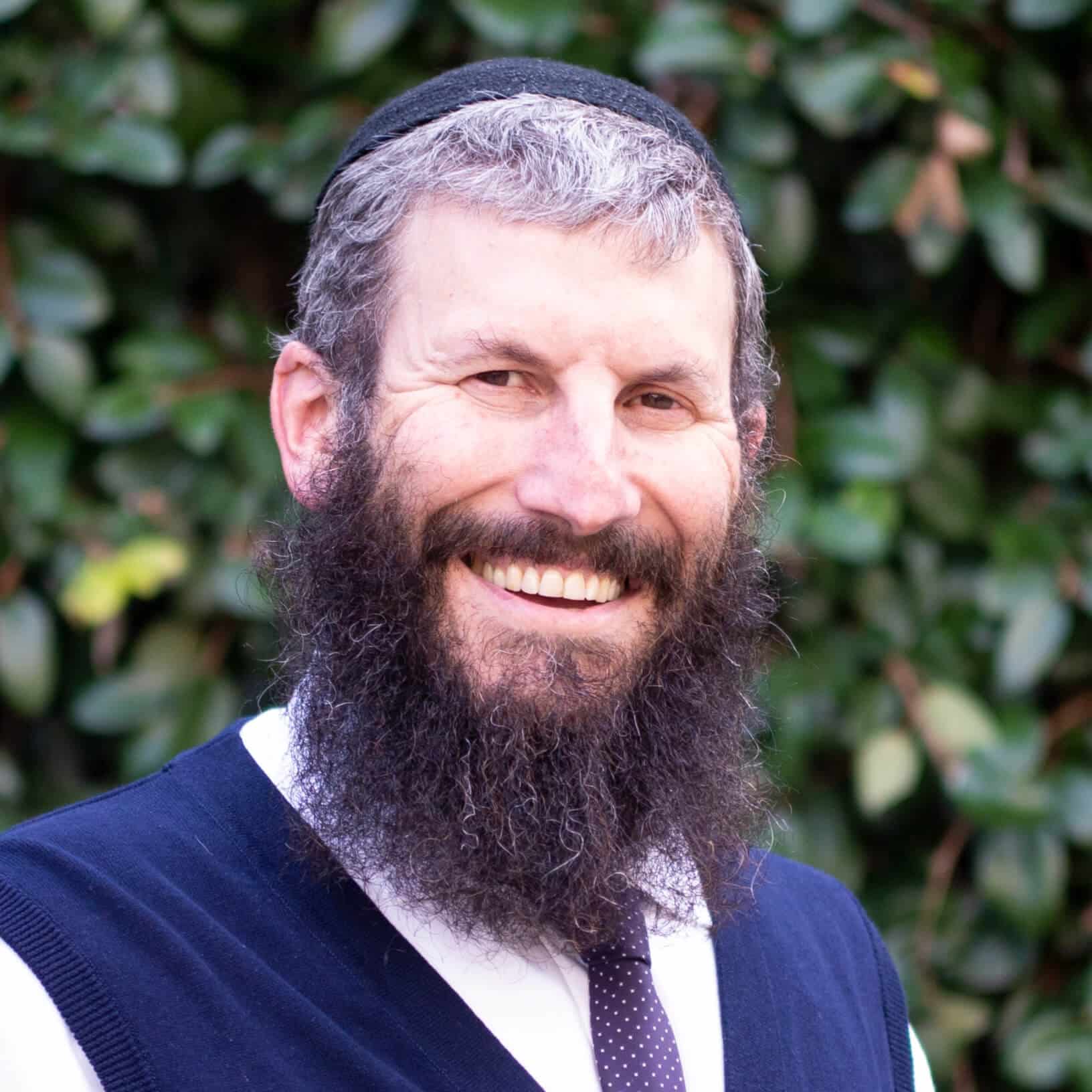We read in the Mishna about Moshe and the Jewish people’s battle with Amalek, which we will recall this Shabbat, Parsha Zachor, the Shabbat preceding Purim.
“And so it was, when Moshe raised his hand, Israel prevailed…” (Exodus 17:11). Did the hands of Moshe make or break the battle?” (Mishna Rosh Hashanah 3:8)
Could it be that Moshe’s hands had that kind of power to fight a war on behalf of the Jewish people? The question has merit. After all, wasn’t it Moshe’s hand and rod that split the sea and brought so many of the plagues?
However, if it was indeed Moshe’s hands that caused the Jewish people to win, then why did Moshe need help to keep them raised? Would he have not had enough strength knowing the importance of the matter to keep them raised himself? This is Moshe who assembled the Mishkan (tabernacle) all by himself!
So the Mishna begins to answer these questions, “Rather, this comes to tell you that whenever Israel would turn their thoughts above, and subjugate their hearts to God in heaven, they would prevail; and if not, they would fall.”
Moshe’s hands were directional aids they were not secret weapons. The Jewish people would look at Moshe and be inspired and be victorious.
But we return to a similar problem. If Moshe knew that keeping his hands up was going to provide them with the inspiration they needed to succeed in battle, how could he ever let them down? Would he have not had the strength needed to keep them up as long as possible?
The Sfas Emes answers that we have the scenario reversed. When the Jewish people in battle were focusing their hearts for the sake of heaven, and consequently they were victorious, then Moses hands were strengthened, and held high. But when the Jewish people’s hearts were not in the battle – or worse, when they were not convinced that it was God who would bring them victoriously through battle – then Moses didn’t have the strength to keep his hands raised.
In other words, the Jewish people's disposition brings strength to their leaders, which in turns allows their leaders the courage to lead and inspire.
Today we have many battles that we are waging — some of them existential threats and some of them internal spiritual battles — and all of them are rooted in this battle with Amalek.
What are we to do? We must maintain our determination and trust in God that we can be victorious, and not be swayed by indifference, self-doubt or selfishness (all maladies associated with Amalek).
This determination will inspire our leaders to take risks and lead.
May all our enemies – both internal and external – be defeated.
Shabbat Shalom and Happy Purim!






















 More news and opinions than at a Shabbat dinner, right in your inbox.
More news and opinions than at a Shabbat dinner, right in your inbox.